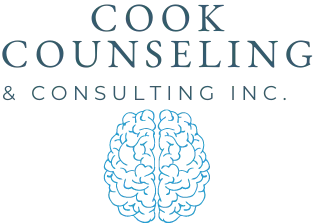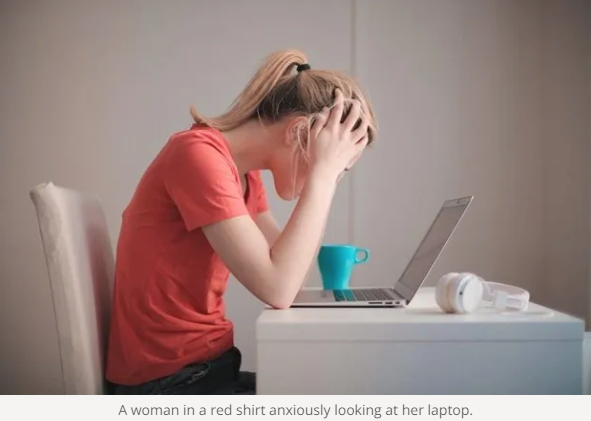It’s normal to feel anxious or depressed sometimes. But when these things go out of control, even a little bit, they become a cause of concern. Unfortunately, many of us do not give our mental health the attention it deserves.
According to the National Alliance on Mental Illness (NAMI), more than 40 million adults in the United States suffer from anxiety disorders, and almost 18 million people have a major depressive disorder (NAMI, 2022). So you’re definitely not alone if you’re feeling this way.
But is there a difference between anxiety and depression? How can you tell which one you might be experiencing? And most importantly, how can you get help?
Key Differences Between Anxiety and Depression
Anxiety and depression share a lot of symptoms. But they’re two different things. Here’s a look at some key differences between the two:
Anxiety is for the Future – Depression: the Past
If you have anxiety, you might worry about things that haven’t even happened yet. You might constantly be thinking about what could go wrong in the future, making it hard to enjoy the present moment. Depression, on the other hand, is often more focused on current problems or past events. It can make you feel stuck and unable to move forward.
Anxiety is Usually More Physical than Depression
People with anxiety often experience physical symptoms, such as a racing heart, sweating, and trembling. These symptoms can be so severe that they might think they’re having a heart attack. Depression is more likely to cause mental symptoms, such as fatigue, low energy, and difficulty concentrating.
Anxiety is by Avoidance – Depression is by Withdrawal
People with anxiety often try to avoid the things that make them feel anxious. This might mean avoiding social situations or skipping work. People with depression might also prevent people and activities for different reasons. Withdrawing from people and things can be a way of coping with the overwhelming feeling of sadness that comes with depression.
Anxiety: Feeling Out of Control – Depression: Feeling Hopeless
When you have anxiety, you might feel like you can’t control your thoughts or body. This can be highly frightening. People with depression often feel like they have no control over their lives. They may feel hopeless and like nothing will ever get better.
Getting Help for Anxiety and Depression
There are different ways to treat anxiety and depression. But in most cases, a combination of therapy and medication is the best approach.
According to Very Well Mind, Cognitive behavioral therapy (CBT) can help people understand how to identify and alter any disturbing thought patterns that may build up in the brain. These negative thought patterns often have a negative influence on emotions and behavior. (VeryWellMind, 2022)
CBT can be helpful for both anxiety and depression. It teaches you to identify the thoughts and behaviors contributing to your symptoms. CBT can also help you learn new ways of thinking and behaving to reduce your symptoms.
Medication can also be an effective treatment for anxiety and depression. Different types of medication can be used to treat these conditions. Your doctor will work with you to find the best medication for your symptoms.
Final Thoughts
Anxiety and depression might seem the same at a broader level. But look closer, and you will notice they are slightly different. Where anxiety is linked to future events, depression deals with the past.
If you’re struggling with anxiety or depression, getting help is essential. Both anxiety and depression can be very debilitating, but treatment is available. With the help of a therapist or doctor, you can start to feel better and regain control of your life.
References
NAMI. (2022). Anxiety Disorders. Retrieved from National Alliance of Mental Illness: https://www.nami.org/About-Mental-Illness/Mental-Health-Conditions/Anxiety-Disorders
VeryWellMind. (2022). What Is Cognitive Behavioral Therapy? Retrieved from VeryWellMind: https://www.verywellmind.com/what-is-cognitive-behavior-therapy-2795747

